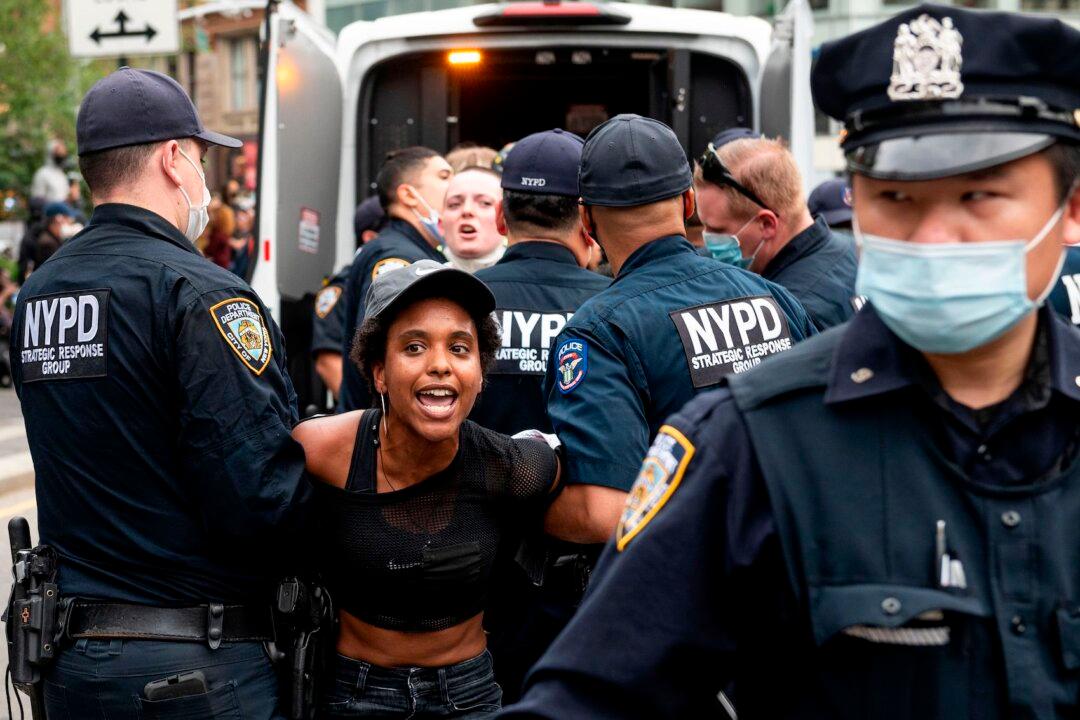A federal judge in New York has dismissed objections raised by the city’s largest police union against a settlement reached by the New York Police Department (NYPD) last year over its controversial “kettling” tactic employed for crowd control during protests.
U.S. District Judge Colleen McMahon, appointed by President Bill Clinton, issued a 41-page opinion on Wednesday, clearing the settlement and denying the motion brought by the Police Benevolent Association (PBA) to reject it.





